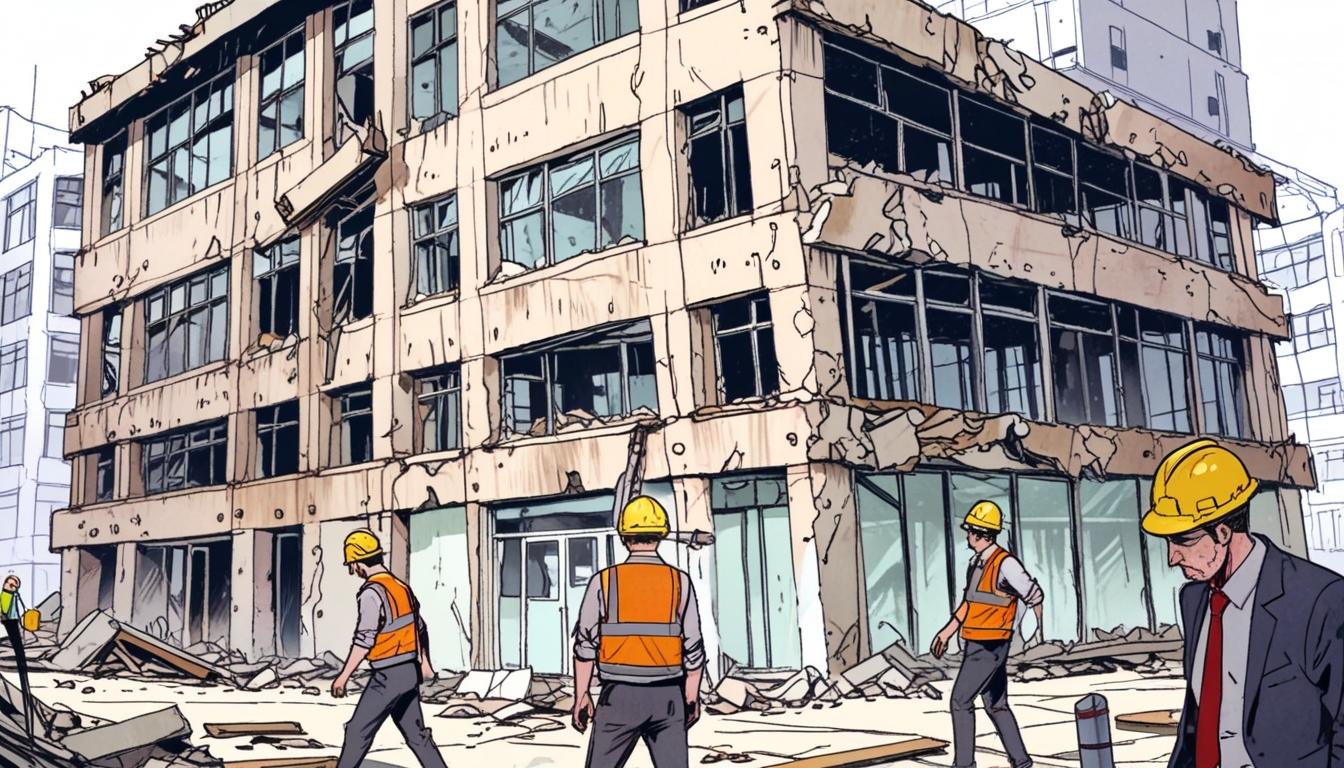The UK construction sector is experiencing a steep rise in insolvencies as 2025 advances, presenting a significant challenge despite signs of wider economic steadiness. In February alone, 367 construction firms entered insolvency, representing a 20 percent increase from the previous month and the highest number recorded since mid-2024. Over the past year, the total insolvencies reached 4,031, slightly lower than the previous year but still a substantial 25.3 percent higher than pre-pandemic figures from 2019.
This upward trend is driven by several persistent pressures. Construction companies are grappling with elevated material and labour costs, which continue to erode profit margins and strain project financing. Additionally, higher interest rates have suppressed new investments in both public and private infrastructure projects. The introduction of new regulatory requirements and tax burdens in 2024 has compounded these financial stresses across the industry.
Small and medium-sized enterprises (SMEs), which constitute the vast majority of UK construction firms, are disproportionately affected by this wave of insolvencies. These smaller businesses tend to operate with tighter financial margins and have limited access to emergency credit facilities. Cash flow difficulties are intensified by ongoing delays in payment, with subcontractors frequently waiting months to receive payment for completed work. The collapse of the Buckingham Group in 2023, which left debts exceeding £300 million, highlighted underlying sector vulnerabilities. In 2025, insolvencies are increasingly impacting smaller companies that lack the financial resilience to manage prolonged payment delays or unexpected cost increases.
The ripple effects of construction insolvencies extend beyond the firms themselves, influencing the broader economy. The construction sector contributes about 7 percent to the UK’s GDP and employs roughly 10 percent of the workforce. Rising insolvency rates threaten economic stability by disrupting supply chains; suppliers of materials, equipment, and specialist subcontractors suffer significant financial losses when lead contractors fail. Public sector projects are also adversely affected, with delays or cancellations increasingly common in the construction of schools, hospitals, and transport infrastructure. These interruptions hinder economic growth and delay the delivery of essential public services.
Industry leaders are increasingly urging systemic reforms to address these challenges. Measures aimed at guaranteeing timely payments to SMEs are gaining attention, with calls for policymakers to enforce stricter penalties on late payers. There are also demands for more flexible government-backed financing schemes to assist construction firms in managing cash flow during economic downturns.
Within the industry, firms are responding by renegotiating contracts, implementing stricter payment terms, and adopting more rigorous project evaluation procedures to enhance financial stability. Nevertheless, without broader structural reforms, the construction sector remains vulnerable to ongoing financial instability and its attendant economic impacts.
The CCEMA is reporting on these developments in the UK construction industry, highlighting the critical situation facing businesses and the wider economic consequences.
Source: Noah Wire Services
